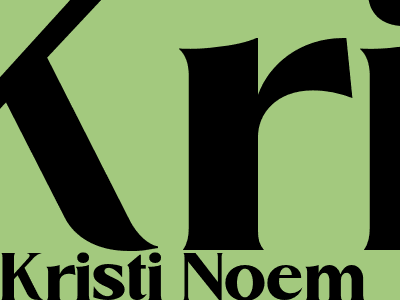
Kristi Noem
SEO Tips for Bloggers: A Comprehensive Guide to Boost Your Traffic
Introduction
In today's digital landscape, search engine optimization (SEO) is crucial for driving organic traffic to your blog. This involves optimizing your content, structure, and technical aspects to rank higher in search engine results pages (SERPs). By following best practices and staying updated with the latest trends, you can significantly improve your visibility online.
Keyword Research
A cornerstone of SEO is keyword research. This involves identifying relevant keywords that your target audience is searching for. Use keyword research tools to analyze search volume, competition, and relevance. Incorporate these keywords naturally into your content, such as in your title, headings, and body text. However, avoid keyword stuffing, as it can harm your rankings.
Tools for Keyword Research
* Google Keyword Planner * SEMrush * Ahrefs * Moz Keyword Explorer
Content Optimization
High-quality content is the foundation of effective SEO. Create valuable and informative content that answers your target audience's questions and provides solutions to their problems. Use clear and concise language, and structure your content using headings and subheadings to improve readability.
Elements of High-Quality Content
* Unique and original * Well-researched and accurate * Engaging and informative * Easy to read and understand
On-Page SEO
On-page SEO refers to optimizing individual pages on your blog. This includes optimizing your title tags, meta descriptions, and image alt tags. Ensure your title tags are descriptive and concise, and include relevant keywords. Write compelling meta descriptions that summarize your page's content and encourage clicks. Use alt tags to describe the content of images for accessibility and SEO purposes.
Tips for On-Page SEO
* Keep title tags within 50-60 characters * Write meta descriptions within 150-160 characters * Use alt tags that are descriptive and keyword-rich
Technical SEO
Technical SEO involves optimizing your blog's technical aspects to improve its crawlability and indexability. Ensure your site is mobile-friendly, loads quickly, and is secure (HTTPS). Use structured data to help search engines understand your content better. Create an XML sitemap to help search engines discover all your pages.
Importance of Technical SEO
* Improves crawlability and indexability * Ensures a positive user experience * Helps search engines understand your content
Link Building
Backlinks from reputable websites are crucial for SEO. Reach out to other blogs and websites in your industry and ask for guest posting opportunities. Create high-quality content that others will want to link to. Participate in online forums and discussions to build relationships and acquire backlinks.
Strategies for Link Building
* Guest posting * Broken link building * Content promotion * Outreach and networking
Stay Updated with SEO Trends
SEO is constantly evolving. Stay updated with the latest trends and algorithm updates to ensure your blog remains competitive. Follow industry blogs, attend webinars, and read SEO resources to stay informed.
Sources for SEO Updates
* Google Search Central Blog * Search Engine Journal * Moz Blog * Ahrefs Blog
Conclusion
SEO is an ongoing process that requires consistent effort and optimization. By following the tips and strategies outlined in this guide, you can significantly improve your blog's visibility, drive more traffic, and achieve your SEO goals. Remember to focus on creating high-quality content, optimizing your on-page and technical aspects, and building backlinks. With dedication and perseverance, you can establish your blog as a trusted and authoritative resource in your industry.

Comments